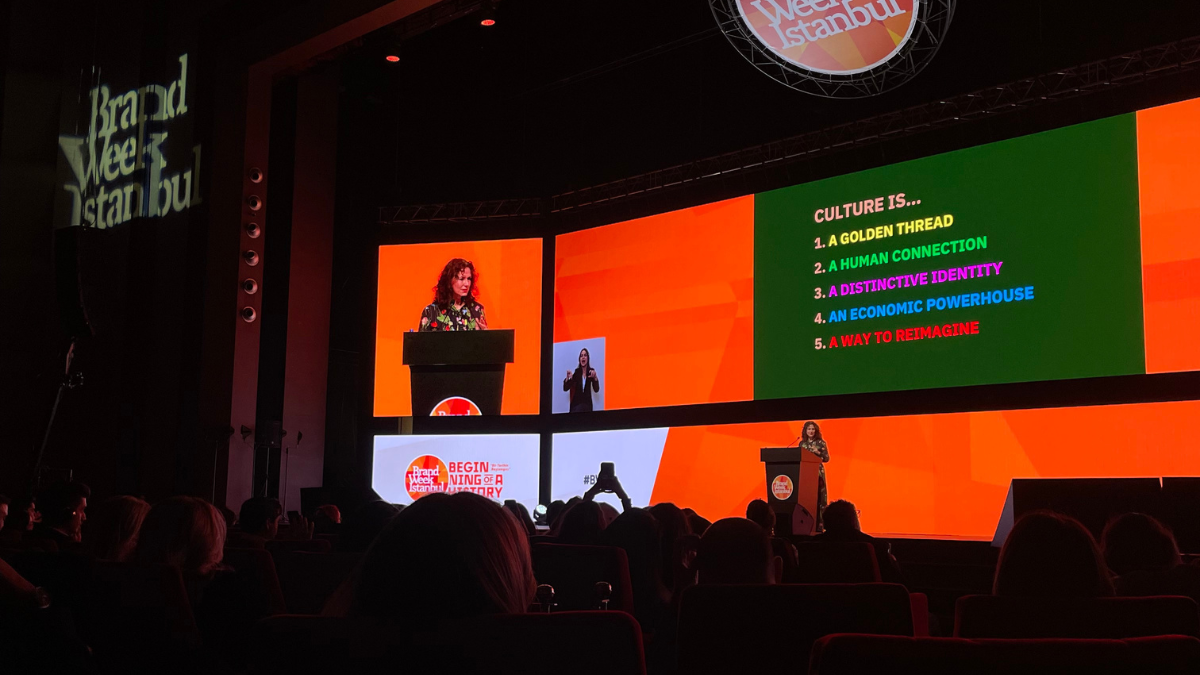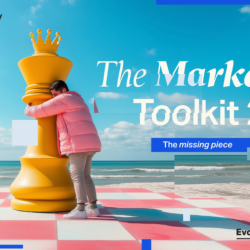‘Make my brand famous!’, barked the CMO. It’s a reasonable request, right? (Even if it was barked.) Being the most famous brand in the category means being the best known and most talked about. That should mean you’re winning the battle for what Byron Sharp calls ‘mental availability’ in his influential book, How Brands Grow; so loads of people choo-choo-choose you over the competition.
But how exactly do you get famous? With shitloads of ad spend and physical distribution like Coca-Cola? Influencer partnerships like Nike? Content and stunts like Paddy Power? All of the above?
And how do you stay famous? Can your brand sustain the opportunity cost of constant reach and talkability? As a client at Pepsi once said to me about their content strategy; ‘we’ve got to keep feeding the beast, Christian!’
Since I ditched the fizzy drinks and took the reins at Waste to work exclusively on marketing video games, I’ve realised one thing is true above all else…
Fans are the lifeblood of lasting fame
Advertising, content marketing, PR and partnerships alone are hollow tools without the validation and amplification of a dedicated fanbase. Your fans are the people who are ardently dedicated to you. Liking you is part of their identity. Supporting you is part of their purpose.
When it comes to the fame game, fans are utterly priceless:
- Fans will talk about you with more passion and authenticity than almost any ad
- Fans will keep talking about you, even when you’re less active
- Fans will share your content with more credibility than any promoted post could
- Fans will mobilise and create spikes of fame on your behalf
- Fans will make their own content and memes that embed your brand deep in culture
- Fans will entreat more people to use your product, because they want to share the experience, and your growth guarantees the continuation of their passion
- Fans will fuel your fame in their neighbourhood, because they want to meet other people like them
- Fans will spearhead cultural rituals that redefine what your brand is famous for in the first place
- Fans will even defend you if you become infamous. (Unless you screw things up beyond repair and lose their trust.)
Fandom must be nurtured
A fanbase can’t be bought. It’s not your Facebook followers or the people that watched your ad once on YouTube. Fans emerge from within your user base when you commit to principles of excellence (consistently delivering something worthy of devotion), openness (willingness to listen to your users and spot emergent trends) and empowerment (relinquishing control and letting fans self-organise).
It’s not about pandering or ‘fan-service’, it’s about a transparent and reasonable value exchange between the brand and its fans. You give them entertainment, identity, influence and belonging, they give you income, loyalty, ideas and always-on advocacy. Winner winner chicken dinner.
Cooking up a sexy storm
The buzz around role-playing game Baldur’s Gate 3 (BG3) from Larian Studios is a cracking example of fan-powered fame, attracting something like 875k concurrent players and earning $657m in revenue in 2023 according to this VGI report — all from a relatively small, independent studio.
BG3 has all the ingredients for fan fame, and Larian Studios nurtured it beautifully:
- A deep franchise history spanning 25+ years
- Connection to Dungeons & Dragons (D&D) and its loyal fans
- Larian Studios commitment to strong storytelling and intricate gameplay
- An Early Access phase that spent a few years fostering fan insights and loyalty
- Richly complex and atypical characters that inspire deep devotion
- Diverse and entertaining gameplay that suits streaming and content creation
Perhaps, most notably, Larian has been alert to emergent fan activity and poured fuel on it expertly. You may well have heard about the game because of the viral scene featuring sex with a druid ‘wild-shaped’ in grizzly bear form, but there have been consistent beats beyond that, like this ‘Only Fangs’ April Fools stunt and this reaction to horny comments from one of the game’s actors. Their Publishing Director, Michael Douse, has gone on record stating that traditional marketing is dead, and that players ‘just want to be spoken to’. That’s why Larian have invested heavily in community collaboration, winning at The Game Awards for ‘Best Community Support’. (It’s notable that their subreddit has 2.2 million members, far larger than any ‘official’ channels.)
This is a big fanbase with plenty to say to each other. Together with Larian, they’ve cooked up a unique culture that’s irresistible and unmissable, despite the vast competition for attention. (Over 14,000 new games were released on Steam alone last year; BG3 was number 1.)
Commit to collaboration
Your fanbase, like your brand, is a living thing in need of constant attention. Left alone it will wither and die. Nurtured and given freedom to breathe, it will evolve indefinitely.
It’s not a light undertaking to open up communication and relinquish control, but effort and investment in building a fan base makes effort elsewhere (those shiny ads, social posts, PR stunts and partnerships you run in search of fame) exponentially richer and longer-lived.
As far as I’m concerned, the CMO should be barking, ‘build me a fanbase that will make my brand famous forever’.
And maybe don’t bark so much.
Featured image: Baldur’s Gate 3 / Larian Studios





























